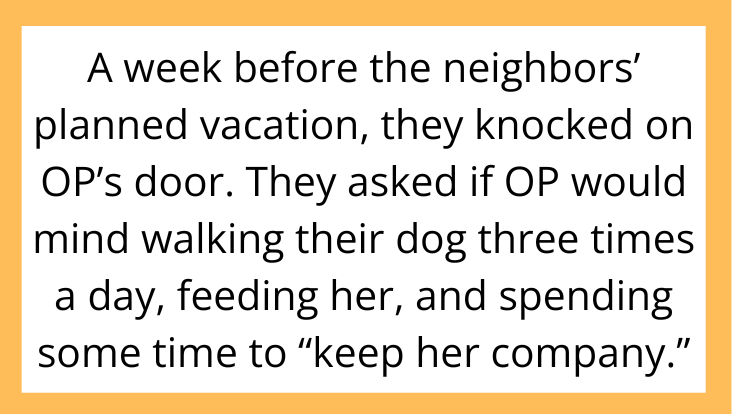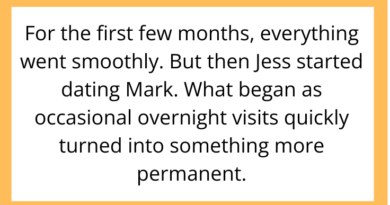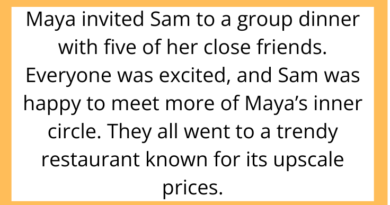AITAH for Refusing to Walk My Neighbor’s Dog While They’re on Vacation?
When neighbors trust you with their home or pets, it can feel flattering—and sometimes like an obligation you never signed up for. That’s exactly what happened in this viral AITAH story where one person declined to take on dog-sitting duties for free.
The question isn’t just about a dog. It’s about boundaries, expectations, and whether kindness should always come without limits.
The Situation: A Friendly Neighborly Favor or Free Labor?
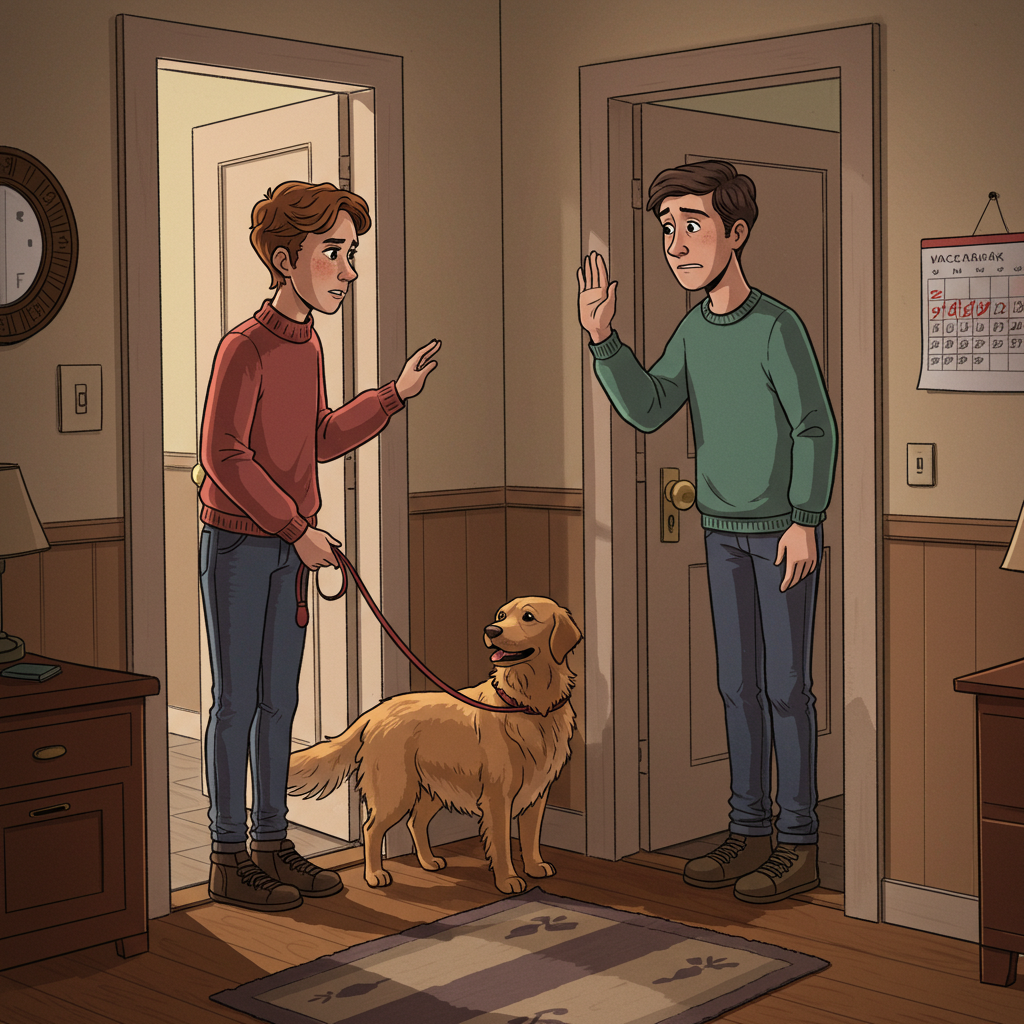
The Original Poster (OP) explained they live in a small apartment complex and have a cordial relationship with their next-door neighbors. They wave hello, share occasional small talk, and exchange holiday cookies.
A week before the neighbors’ planned vacation, they knocked on OP’s door. They asked if OP would mind walking their dog three times a day, feeding her, and spending some time to “keep her company.”
When OP politely declined—explaining that their job schedule and health issues wouldn’t allow it—the neighbors looked stunned. They followed up by offering “exposure to fresh air and exercise” as an incentive, instead of payment.
When OP still refused, they were told they were “selfish” and “not a real friend.” The neighbors have since avoided OP, and word has spread around the building that OP is “unneighborly.”
Now OP wonders: Am I the jerk for refusing to walk their dog, even though they were counting on me?
Expectations vs. Entitlement

When Asking Becomes Assuming
Neighbors often rely on each other for help in emergencies. But planning a week-long vacation isn’t an emergency—it’s a choice.
Many commenters pointed out that while asking is fine, expecting a yes—and then shaming someone for declining—is entitlement in disguise.
If the neighbors truly valued OP’s time and effort, they would have offered compensation or hired a professional dog-sitter instead of guilt-tripping a casual acquaintance.
You Are Not Obligated to Say Yes
One of the biggest myths about community living is that being neighborly means you never say no. The reality is everyone has their own schedule, health, and limits.
Saying no doesn’t make you rude. It makes you realistic. OP didn’t owe them an explanation, but even when they offered one, it was dismissed as “not good enough.”
Reddit’s Verdict: Not the Jerk

The consensus in the AITAH community was nearly unanimous: OP is not the jerk.
Here are some of the most upvoted comments:
“Their lack of planning is not your emergency.”
“If they can’t afford a pet-sitter, they shouldn’t be going on vacation.”
“You were polite and honest. That’s all you owe anyone.”
Many users shared their own stories of neighbors expecting unpaid pet care, house cleaning, and even child care—without any regard for the person being asked.
The Guilt Tactics: Why They’re So Effective
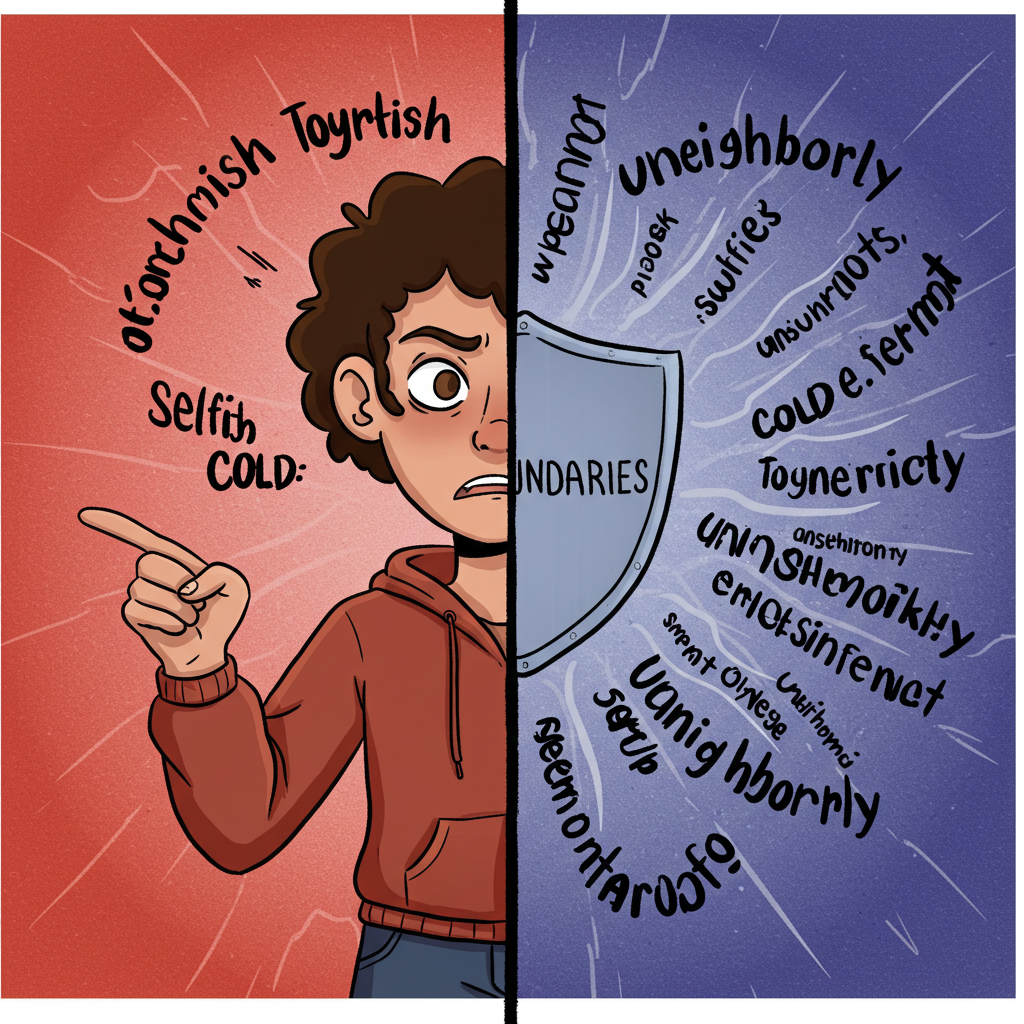
Shame as a Tool
People who want free labor often rely on shame to get it. They’ll call you selfish, cold-hearted, or antisocial, hoping you’ll cave under pressure.
But guilt isn’t an obligation. If your first reaction was discomfort, that’s your boundary telling you something important: this isn’t your responsibility.
Emotional Blackmail Doesn’t Build Community
True community is built on mutual respect—not emotional manipulation. If a neighbor only speaks to you when they want something, that’s not friendship.
OP’s experience shows that sometimes the kindest thing you can do for yourself is uphold your limits, no matter how others react.
Could There Have Been a Compromise?
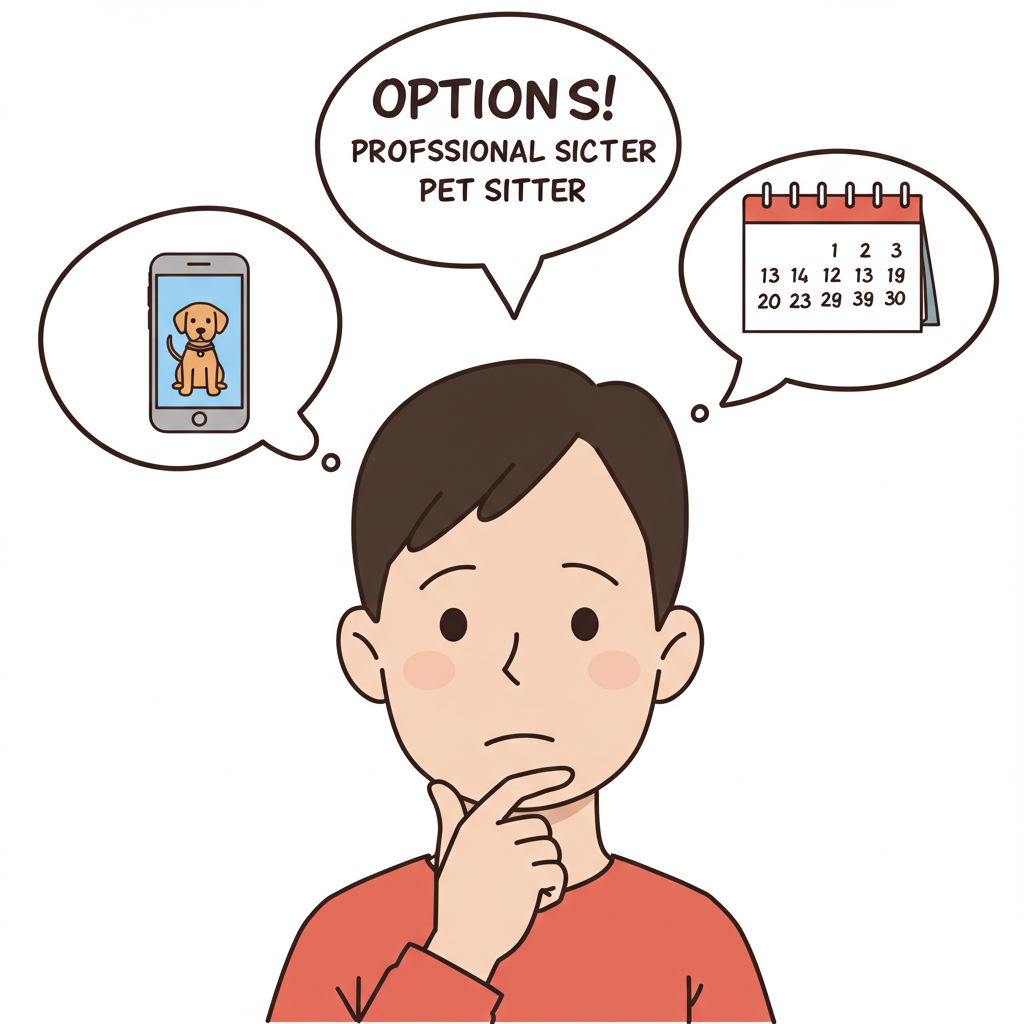
Offering Alternatives
Some commenters suggested OP could have recommended a local dog-walker or pet-sitting app. But others rightly pointed out that OP wasn’t obligated to solve the problem for them.
If OP didn’t have the time, energy, or desire, that should have been the end of the discussion.
Respecting a Clear “No”
The most telling part of this story isn’t the request—it’s the reaction. Instead of accepting a polite decline, the neighbors tried to twist OP’s boundaries into a moral failing. That’s a sign that no amount of compromise would have been enough.
Final Thoughts: Saying No Is Not Being a Bad Neighbor

This AITAH story is about more than dog-sitting—it’s about understanding that your time is valuable, and you don’t have to justify how you spend it.
You are not the jerk for protecting your health, your schedule, or your peace of mind. And you are certainly not obligated to work for free so someone else can enjoy a vacation.
